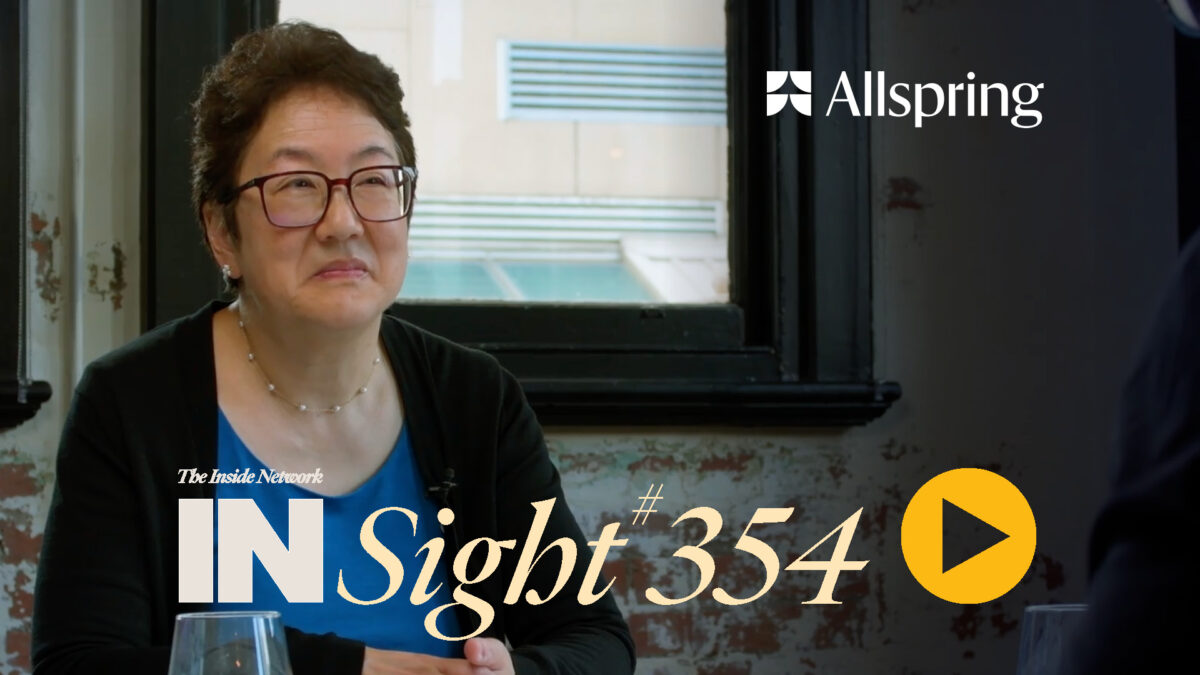Taking stock of currencies – a decision that has to be made
The biggest decision fiduciary investors, especially those in Australia, usually have to make – and cannot not make – is about currency. With the A$ having remained away from fair value for a long time until its recent decline, the currency decision is and should be at the top of investors’ to-do list.
In February, Mercer put out a research note which has proved prescient. In a general discussion about bonds, the firm looked at emerging markets currencies and pronounced them a ‘buy”. Of course there was the usual cautionary disclaimers which pepper most consultants’ views, but the recommendation was clear enough.
Emerging markets currencies tend to be investment opportunities for pension funds in Europe or the US, but for Australians they take on a different meaning due to the country’s dependence on Asia, especially China and India. India and China, however, are the two major currencies not represented in the main emerging markets currencies index due to investment restrictions.
The Centre for Investor Education (CIE) is holding an intensive two-day training course for trustees and fund executives on currency in Melbourne on June 25-26.
As the CIE points out in its marketing material: “With ‘currency wars’ and quantitative easing being undertaken by governments around the world, currency valuations have been fluctuating, creating threats and opportunities to investors and their portfolios. Simultaneously, the onus placed on trustees under APRA guidelines are becoming more onerous, requiring them to become more sophisticated in their knowledge of how currency should be managed and the risks and opportunities it poses to their portfolios.”
The course includes a session on one of IO&C’s pet subjects: “The role of custodians in currency management”. This will include discussion of the various operational risks and ways to reduce inefficiencies.
In the Mercer report on emerging markets currencies, written by London-based consultant Wayne Fitzgibbon, there is an opportunity presented by their relatively poor performance since 2011, assuming the long-term positive structural view of those countries is correct.
“From a broader portfolio perspective, a continuation of the current market conditions in developed countries – perhaps exacerbated by aging populations – will result in a difficult low-return environment. And exposure to emerging market currencies could perhaps be seen as providing investors with some degree of insurance against the so-called ‘Japan scenario’,” Fitzgibbon wrote.









